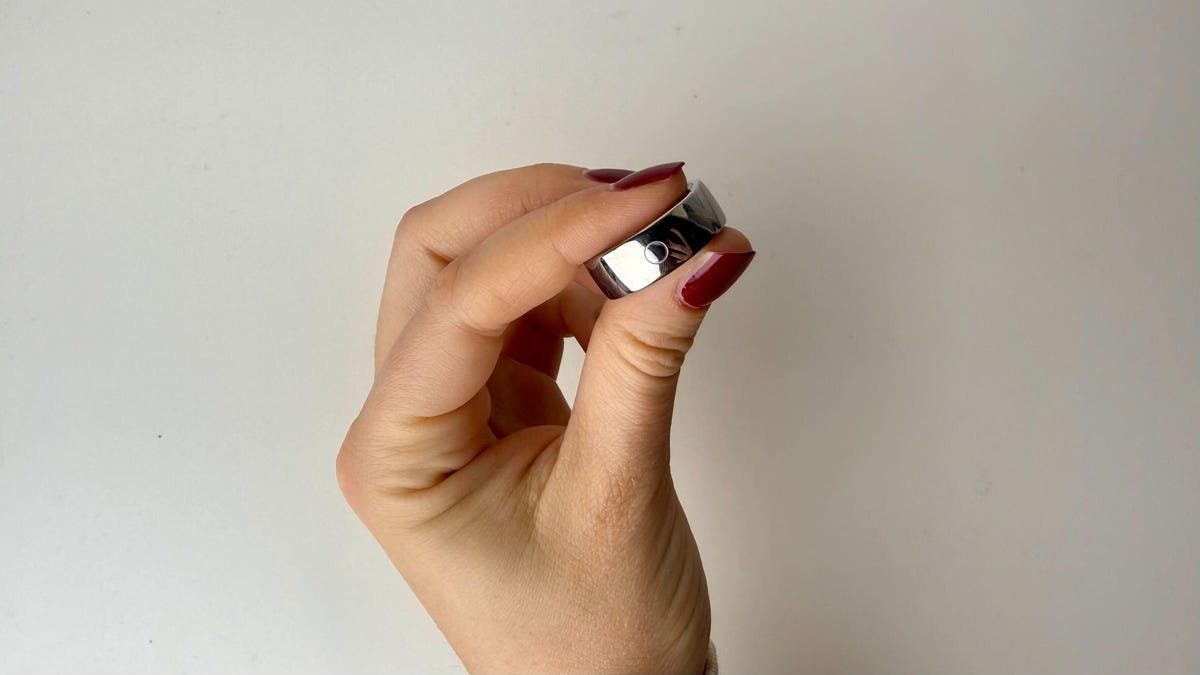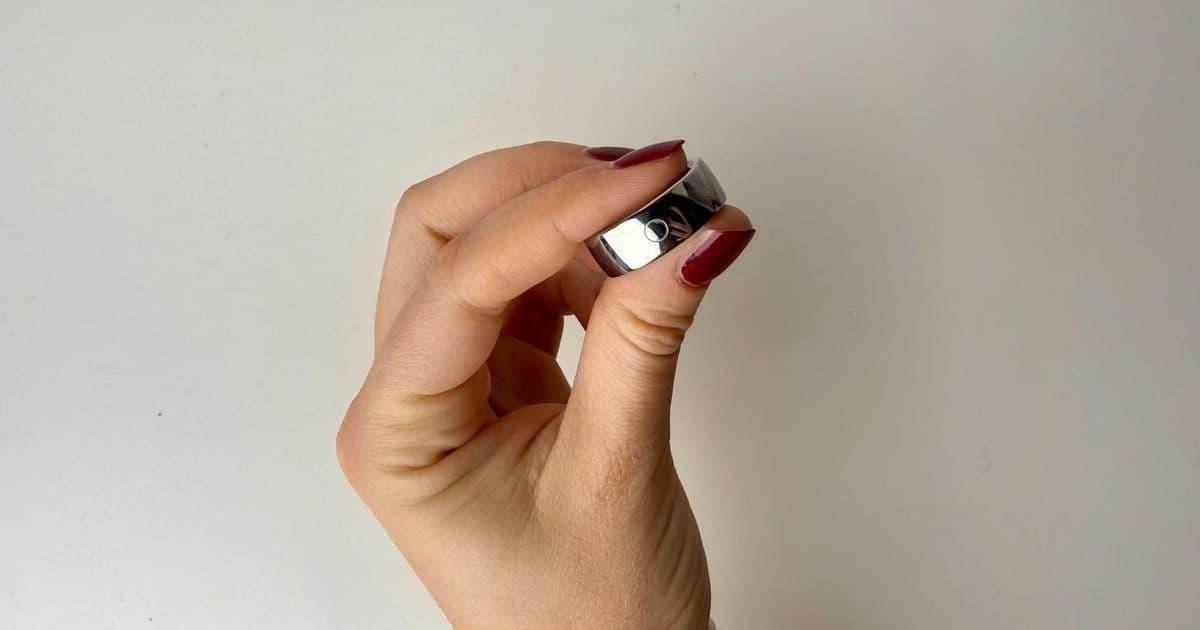After a week‑long hands‑on test, the French‑made Circular Ring 2 proves to be a costly misstep in a crowded smart‑ring market. Its sluggish analytics, app crashes, and data gaps leave serious buyers better served by the subscription‑free RingConn Gen 2 Air or the privacy‑focused Oura Ring 4.

A New Contender in a Saturated Field
The smart‑ring space has seen a surge of entrants, each promising to out‑shine the rest with better sensors, lower price points, or subscription‑free models. The latest entry, France‑based Circular’s Circular Ring 2, arrives with a $249 tag and a promise of comprehensive health tracking—ECG, atrial fibrillation detection, blood pressure, glucose monitoring, and a proprietary light‑stage wake‑up alarm—without a yearly fee.
“Circular markets its Circular Ring 2 as a health companion with the typical suite of health tracking metrics: ECG and atrial fibrillation detection, blood pressure and glucose tracking, and a unique-to-Circular smart alarm that detects the lightest sleep stage to wake users up in.” – ZDNET
But the ring’s ambition is undermined by a lack of immediate data, buggy syncing, and a user experience that feels more like a beta test than a polished product.
The Test: 14 Days of Wearability
During a 14‑day trial, the author found that Circular’s app offered no analytics for the first two weeks, simply stating that it was “still getting to know me.” In contrast, the Oura Ring 4 and RingConn Gen 2 Air began delivering sleep scores and activity metrics on day one.
“If metrics aren’t 100% accurate off the bat, other smart rings adjust scores and data according to user’s baseline as it's worn further.” – ZDNET
Even once the ring began syncing, the data was inconsistent. Blood pressure readings varied wildly from those recorded by the Oura Ring 4, and the app frequently crashed during the minute‑long data transfer window.
Subscription vs. Subscription‑Free
The Circular Ring 2’s biggest selling point is its subscription‑free model—a direct challenge to Oura’s $70‑per‑year fee that locks user data behind a paywall. However, the ring’s software lag and lack of analytics make the free model feel like a trade‑off for incomplete functionality.
“Oura’s subscription model keeps most user data behind a $70 a year fee, while Circular offers all data for free.” – ZDNET
In the long run, a subscription can be a boon: it fuels ongoing firmware updates, data analytics, and privacy safeguards. Without it, users may find themselves stuck with a product that never fully realizes its advertised capabilities.
Alternatives Worth Considering
- RingConn Gen 2 Air – Priced at $150 less than the Oura Ring 4, it delivers comparable sleep scoring and an eight‑to‑nine‑day battery life. Its AI health partner is still a gimmick, but its price‑to‑performance ratio makes it a solid entry‑level choice.
- Oura Ring 4 – The industry leader for sleep scoring, symptom tracking, and privacy. It offers a robust suite of vitals—heart rate, HRV, body temperature, and respiration rate—culminating in user‑friendly sleep, activity, and recovery scores. The only downside is its battery life, which tends to decline after a year, though Oura offers replacement rings.
What This Means for Developers and Tech Leaders
From a development standpoint, the Circular Ring 2’s issues highlight the importance of data integrity and user‑centric design in wearable tech. Firmware that delays analytics until a user has worn a device for weeks can erode trust, especially when competitors deliver instant insights.
Moreover, the subscription debate underscores a broader industry trend: balancing revenue models with user experience. Companies that provide free data but compromise on quality risk losing market share to those that invest in continuous updates and privacy.
Bottom Line
While Circular’s ambition to democratize health tracking is commendable, the Ring 2’s current iteration falls short of the standards set by its rivals. Until firmware updates address syncing, analytics, and data consistency, savvy consumers would do better to invest in the RingConn Gen 2 Air or the proven Oura Ring 4.
Source: ZDNET article “Don’t make this smart ring mistake, here’s two I recommend instead” (https://www.zdnet.com/article/dont-make-this-smart-ring-mistake-heres-two-i-recommend-instead/)

Comments
Please log in or register to join the discussion